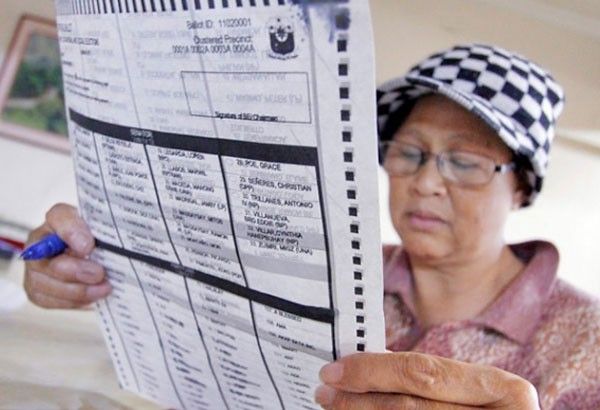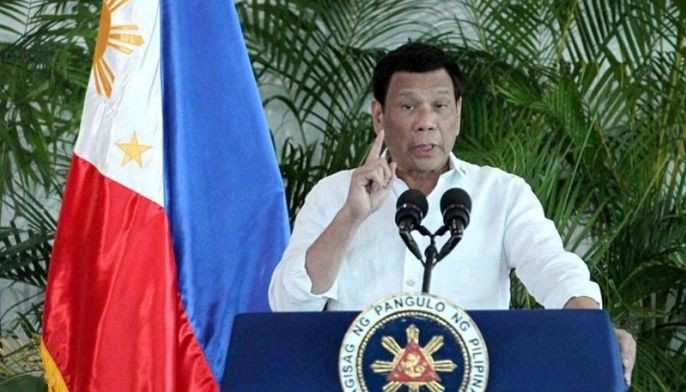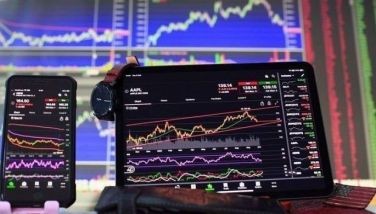Nomura: 2019 elections could ‘delay’ fiscal reforms

MANILA, Philippines — The 2019 midterm elections could stall key fiscal reforms being championed by President Rodrigo Duterte, a Japan-based bank warned, as the pace at which related legislation can be passed will depend on the outcome of the May polls.
“Domestically, political uncertainty could rise ahead of the midterm elections in May. If President Duterte’s popularity wanes in the run-up to the elections, it could undermine his support in Congress, leading to delays in fiscal reforms,” Nomura said in its “Asia 2019 Outlook” report published last December 10.
“In the second half of his term, he could face more pressure as he pushes some of the more divisive issues such as the shift to a federal form of government and the pivot to China... possibly leading to policy gridlock,” it added.
Twelve of the 24 Senate seats, as well as all lower house seats and all elected posts of local government units are up for grabs on May 13, 2019.
TRAIN 2 passage before polls unlikely
Considering the official campaign period running from February 12 to May 11, Nomura said it seems “unlikely” that the second package of the Duterte administration’s tax reform program will be enacted into law before the elections.
“Package 2” of the tax reform program seeks to gradually cut corporate income tax rates and “rationalize” fiscal incentives for investors. The measure, which was originally targeted to be passed by end-2018, is still pending in the Senate.
In the same report, Nomura also flagged “signs of reform fatigue,” citing public backlash and perception that higher excise levies slapped by "Package 1" of the tax reform program contributed to this year’s spike in inflation.
“Given the political cycle, we doubt that legislators will push to expedite the legislative process before May – hence pushing out further the passage of subsequent packages, particularly if President Duterte has less support in Congress after the elections,” Nomura said.
“It is hard to make a call on the outcome of the midterms at this point but we will watch the president’s popularity ratings; if for some reason they decline, support for his allies may also wane,” it added.
The widely popular Duterte had thrown his weight behind the tax reform program, which aims to fund an ambitious infrastructure program projected to supercharge economic growth to 7-8 percent by the end of his term in 2022.
In a speech before taxmen last August, Finance Secretary Carlos Dominguez III said “there is now more political resistance to succeeding tax reform packages” partly due to “proximity of elections.”
“Tax policy, as we know, is never the best way to be re-elected,” Dominguez said.
According to Nomura, the delayed legislations won’t increase fiscal risks in the near term or affect spending priorities, particularly infrastructure spending “which is gaining more traction.”
The global bank also said it expects economic growth to accelerate in 2019, led by strong domestic demand that would be “further boosted” by election-related spending ahead of midterm polls.
Nomura projects Philippine economic growth to hit 7.1 percent in 2019 from an estimated 6.3 percent in 2018. If realized, this would settle within the government's 7-8 percent goal for next year.
READ: S&P: 'Policy shifts' after 2019 polls may affect Philippine infra development
— Ian Nicolas Cigaral
- Latest
- Trending

































